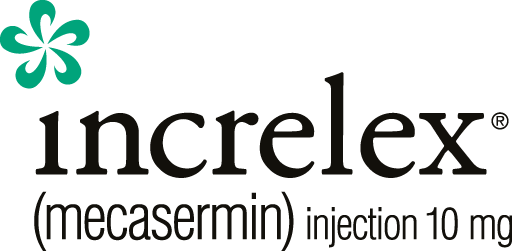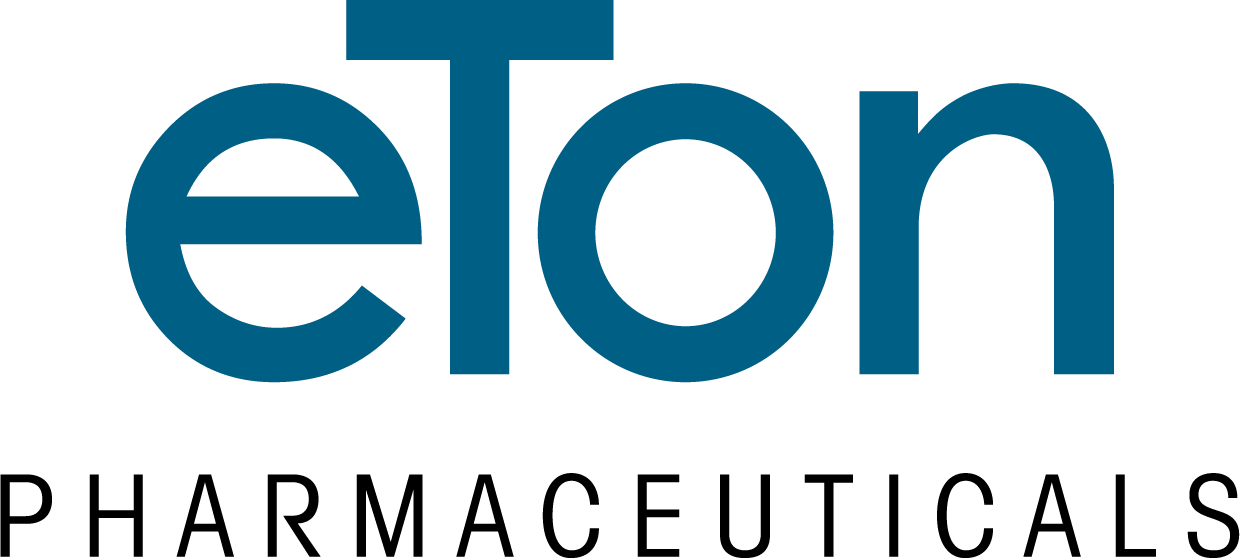Learn more
Understanding SPIGFD
Learn about SPIGFD and what differentiates it from growth hormone deficiency (GHD).
SPIGFD diagnosis
Information on testing for severe IGF-1 deficiency and distinguishing it from GHD.
INCRELEX® for SPIGFD
INCRELEX® is an FDA-approved treatment in pediatric patients 2 years of age and older for growth failure due to SPIGFD.1,2


